Many people might not know this, but when I first started blogging, I was talking about music and trying to document my musical journey. I wish I kept copies of what I wrote, I would like to see if I have improved in anyway. I did stop listening to a lot of new music almost twenty years ago. There may have been albums from artists I love or the odd new discovery but actively, I was enjoying the music I knew and loved.
However, this year, with the discovery of AOTY (kind of like a Goodreads for music), I decided to track my musical journey. I found myself trying new albums, discovering new bands, and realising I like to listen to the full album. Sure, I actively like songs on Spotify or Apple Music and track everything on Last.FM, but AOTY was just a fun way for me to keep a record of what albums I was listening to. Part of my wanted to try and work through the 1001 albums list (like I want to do with the 1001 books list), but I was really drawn to checking out music from this year. I discovered some new favourite artists (like Sleep Token and Aviations), found some newly debuting artists (Blondshell and Kara Jackson), but also went back to some old favourites with some disappointing experiences (The Smashing Pumpkins, Avenged Sevenfold and Taproot).
As you can tell, my musical taste leans more towards the rock/metal but I do try to explore different genres. I think albums like Wallsocket by underscores, 93696 by Liturgy, SCARING THE HOES by JPEGMAFIA & Danny Brown, Beloved! Paradise! Jazz!? by McKinley Dixon or STRUGGLER by Genesis Owusu are all albums outside my comfort zone that I really enjoyed and will continue coming back to. I ended up listening to over 150 albums from 2023 and enjoyed so many of them. So many albums were great but just missed out on my top 10. I contemplated doing a top twenty, so I could include Emarosa, Slowdive, 파란노을, Sampha, Jessie Ware, Metric, Mitski and Olivia Rodrigo on my list. Who knows, I might spend more time blogging about music in the future, but I really hope that I continue my journey of trying new music in the future. Here are my favourite albums from 2023.
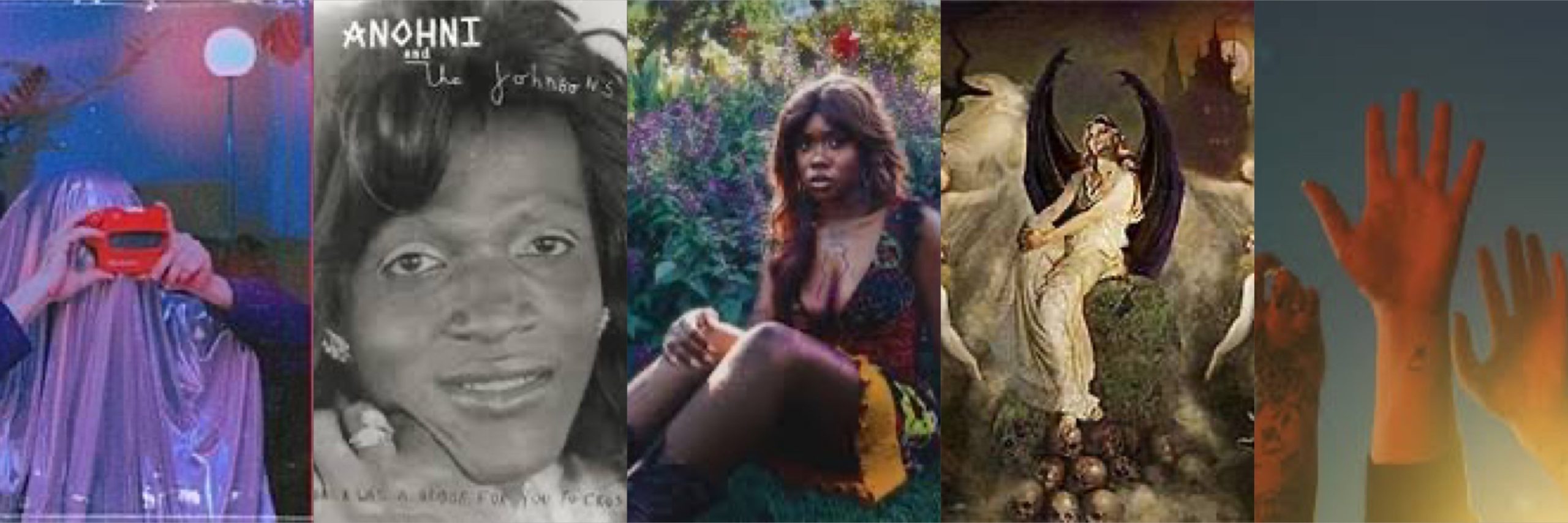
10. Why Would I Watch by Hot Mulligan
I was not familiar with Hot Mulligan previously, but I saw some positive reviews coming out about this album, so one day, I randomly decided to give it a go. This is a Midwest emo band and I do love music full of angst, but what I liked about this album was that they do not try to sound like every emo band from the early 2000’s, they found what worked for them and just put their heart and soul into it. Plus, I do enjoy some interesting song titles, like It’s a Family Movie She Hates Her Dad, This Song is Called it’s Called What’s it Called, No Shoes in the Coffee Shop (Or Socks) and Shhhh! Golf is On
9. My Back Was A Bridge For You To Cross by ANOHNI and the Johnsons
I hadn’t heard a new album from this band for over 20 years, ANOHNI has been singing about gender and identity issues. This is a moving soul/art rock album, that is hard to define, this band is unlike anything else. I remember the harrowing song For Today I Am a Boy from 2005, and ANOHNI still delivers those same emotions with this album. So much is happening in this album, and it really is an emotional journey. The songs are about loss, friendships, existential dread and has a heavy focus towards social issues.
8. Why Does the Earth Give Us People to Love? by Kara Jackson
This was a late entry onto my list. I had this on my list of albums to try for most of the year, but I keep seeing mentions on other’s best of lists. Obviously, I have far too many albums still to try from 2023, but something in the back of my head kept reminding me to listen and I am glad it finally checked out Why Does the Earth Give Us People to Love? Hard to believe this is a debut album, because Kara Jackson delivers such maturity in her lyric writing, she is a poet and I struggle to find the words to describe the beauty here. This is a poetry, set to a chamber folk style and it is exquisite.
7. Sanguivore by Creeper
How do you describe Creeper (at least for this album); it’s like a blend of HIM, The Damned or The Misfits, but this album is more like a theatrical rock opera in the vein of Meatloaf. This is over the top, and I mean that in a good way. It’s a vampiric rock opera that really leans into the fantastical and is such a fun listening experience.
6. the record by boygenius
It’s weird to imagine that boygenius went from a side project to a supergroup so quickly. Since their first EP, Julien Baker, Phoebe Bridgers and Lucy Dacus have all put out some amazing albums. In fact, I think it was only Phoebe Bridgers that hadn’t released anything prior to that 2018 EP and she has gone on to dominate the music industry. What works as an amazing collaboration, also feels like a good introduction to these three artists too, where most songs normally have one lead vocalist. I love this because I often find it hard to pick my favourite vocalist and, on this album, I don’t need to.
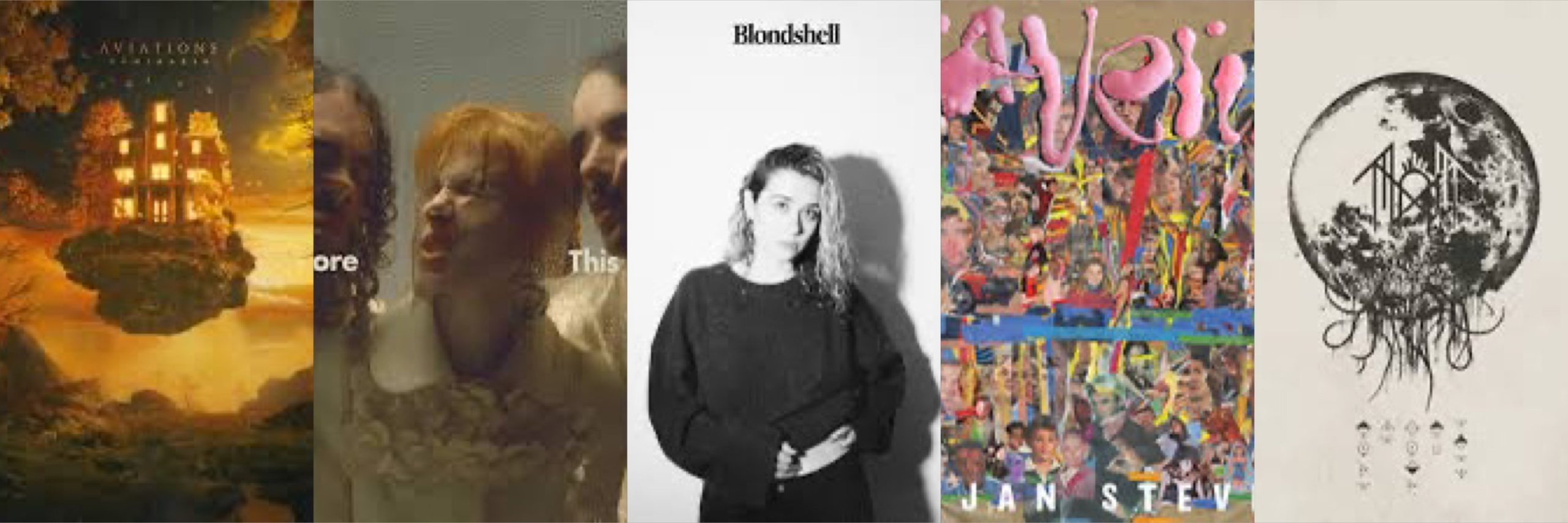
5. Luminaria by Aviations
They call themselves cozy metal, Aviations is a group that formed at Berklee College of Music and their love for progressive rock and metal is what makes this band great. I am a big fan of progressive music, and as I listen to this album, I am constantly in awe of their technical ability and they way they construct their music. This is an album that really brings out my music nerdiness.
4. This Is Why by Paramore
I just love Paramore, and what I think I like the most about their last few albums, is the fact that are willing to try something new. After Laughter was a dive into a new wave/electro pop style and I had a lot of fun listening to it, but This is Why might be their best album so far. Hayley Williams and the band take on a more indie style and it works. I love when a band is not afraid to take some risks and Paramore delivered here.
3. Blondshell by Blondshell
Name a song after my favourite TV show and you have my attention. I am reminded of indie rock from the late 90’s when listening to this album and it still surprises me that this is a debut. For fans of bands like Soccer Mommy, Hole or Veruca Salt, this is well worth checking out. I love this album greatly, I love the garage rock sound, but I grow up on 90’s music, so this felt like my style.
2. Javelin by Sufjan Stevens
It feels like everyone has Javelin on their best of list, mainly because it is such a good album. This album is beautiful but very depressing. Dedicated to his late partner, Javelin is such a stunning piece of art, and it is sad to think of all the pain and sorrow Sufjan Stevens went through. This album on the surface feels like a breakup album (with songs like Will Anybody Ever Love Me?) but known about his loss just make these songs hit so much harder. Also, I think Shit Talk might be one of the best songs on the year.
1. Take Me Back to Eden by Sleep Token
This is a new band to me, but I did go back to listen to their other albums as well. This really was the year of Sleep Token; they are a polarising but as you can see, I love them. Take Me Back to Eden saw a major increase in production value for the band and what I love about this record is that they are not afraid to blend genres. Even some of their songs like The Summoning shift genre styles multiple times and for me it really works.
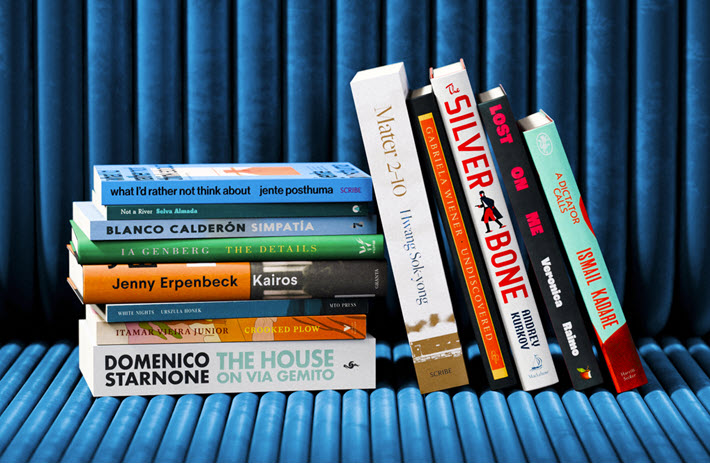



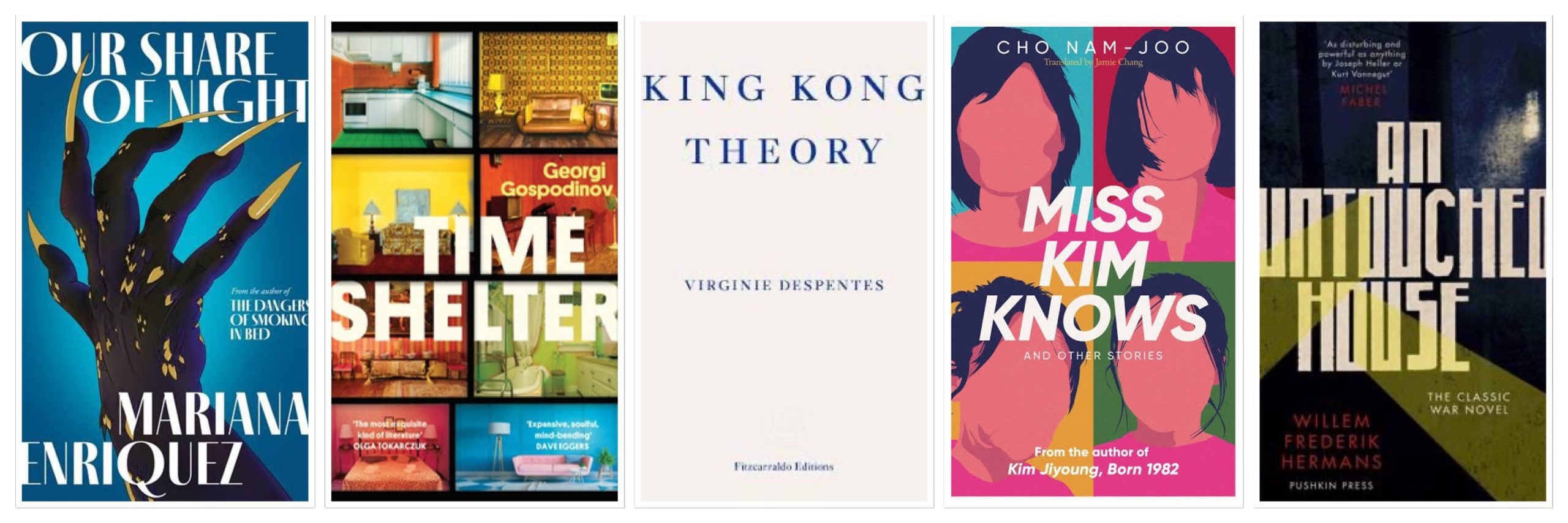
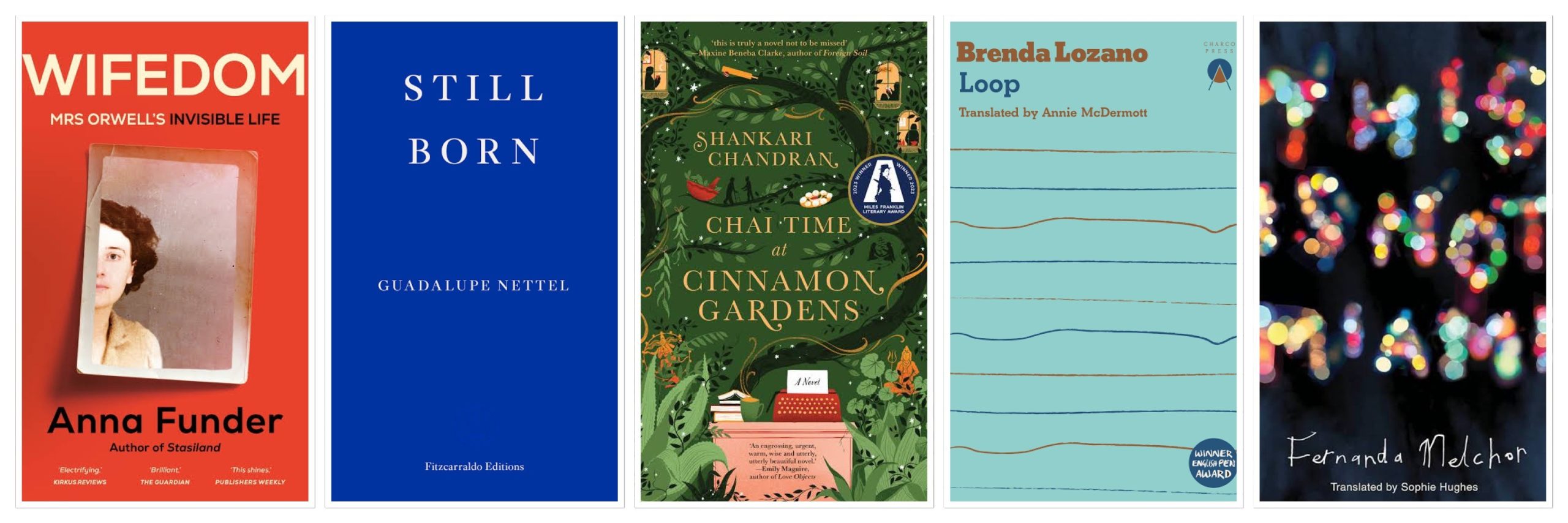
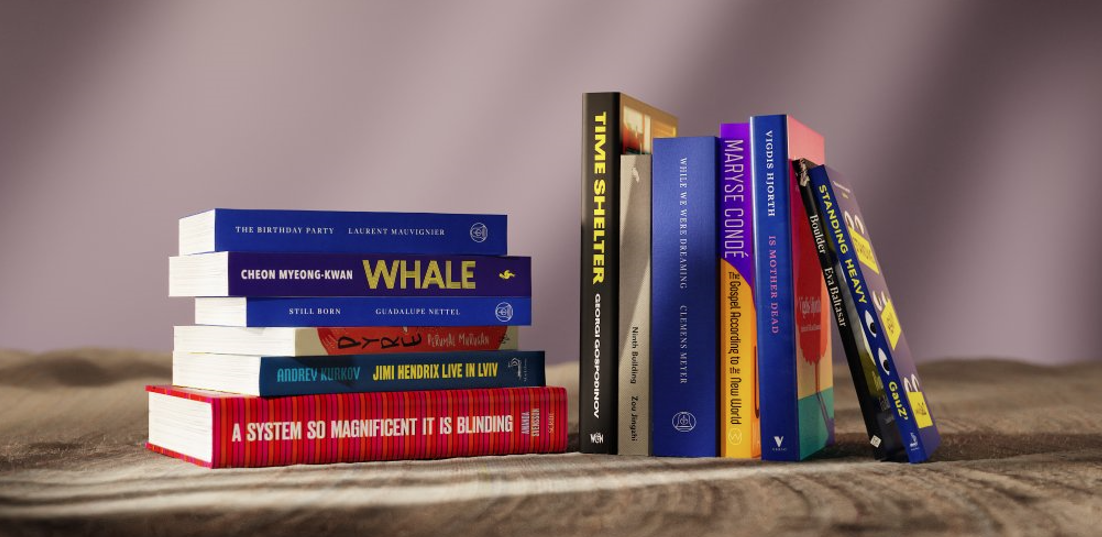
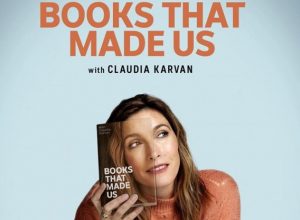 The Australian Broadcasting Corporation once aired a three-part special called
The Australian Broadcasting Corporation once aired a three-part special called 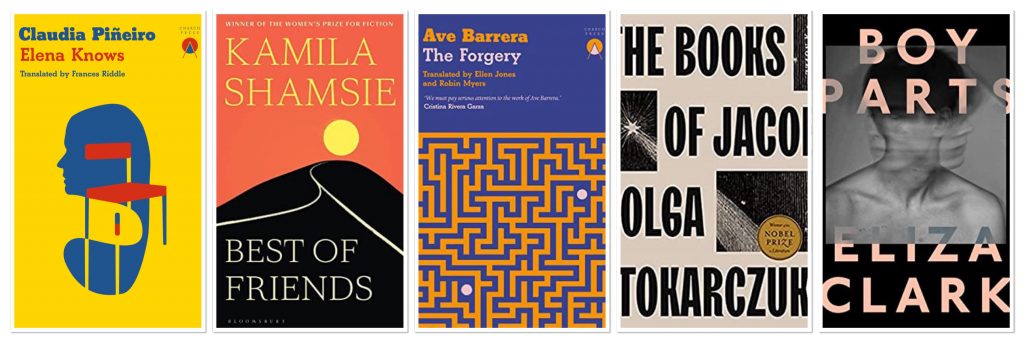


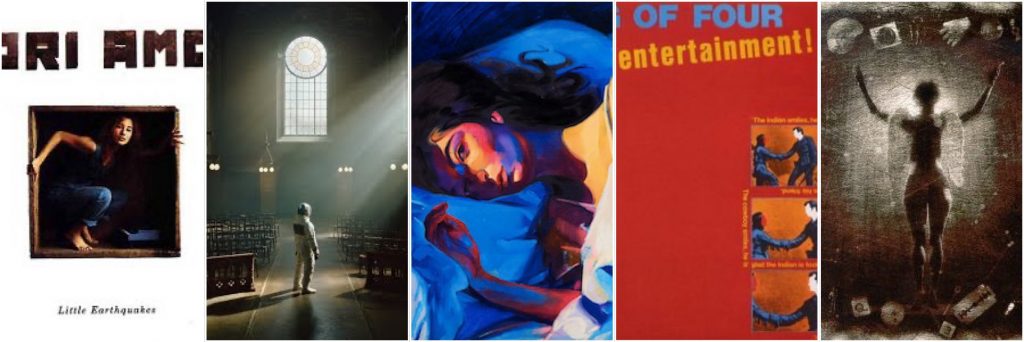
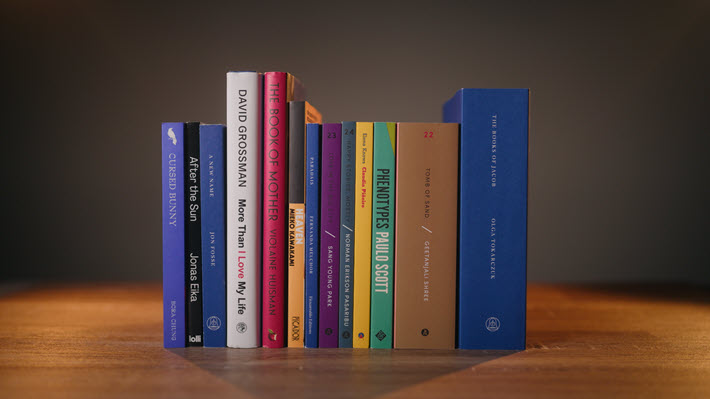
 Title: Who Gets to Be Smart (
Title: Who Gets to Be Smart ( This year
This year  Wanted to do something different, and this is inspired by a note I found in my Notes app regarding my wife from 2014. I am not going to share this note as it is too personal but recently I saw a TikTok trend asking what type of notes do men have on their phone, so it sparked this post. I want to post a few I found and try to see if I can explain them. While looking I have deleted so many notes because I have no idea what they mean.
Wanted to do something different, and this is inspired by a note I found in my Notes app regarding my wife from 2014. I am not going to share this note as it is too personal but recently I saw a TikTok trend asking what type of notes do men have on their phone, so it sparked this post. I want to post a few I found and try to see if I can explain them. While looking I have deleted so many notes because I have no idea what they mean.